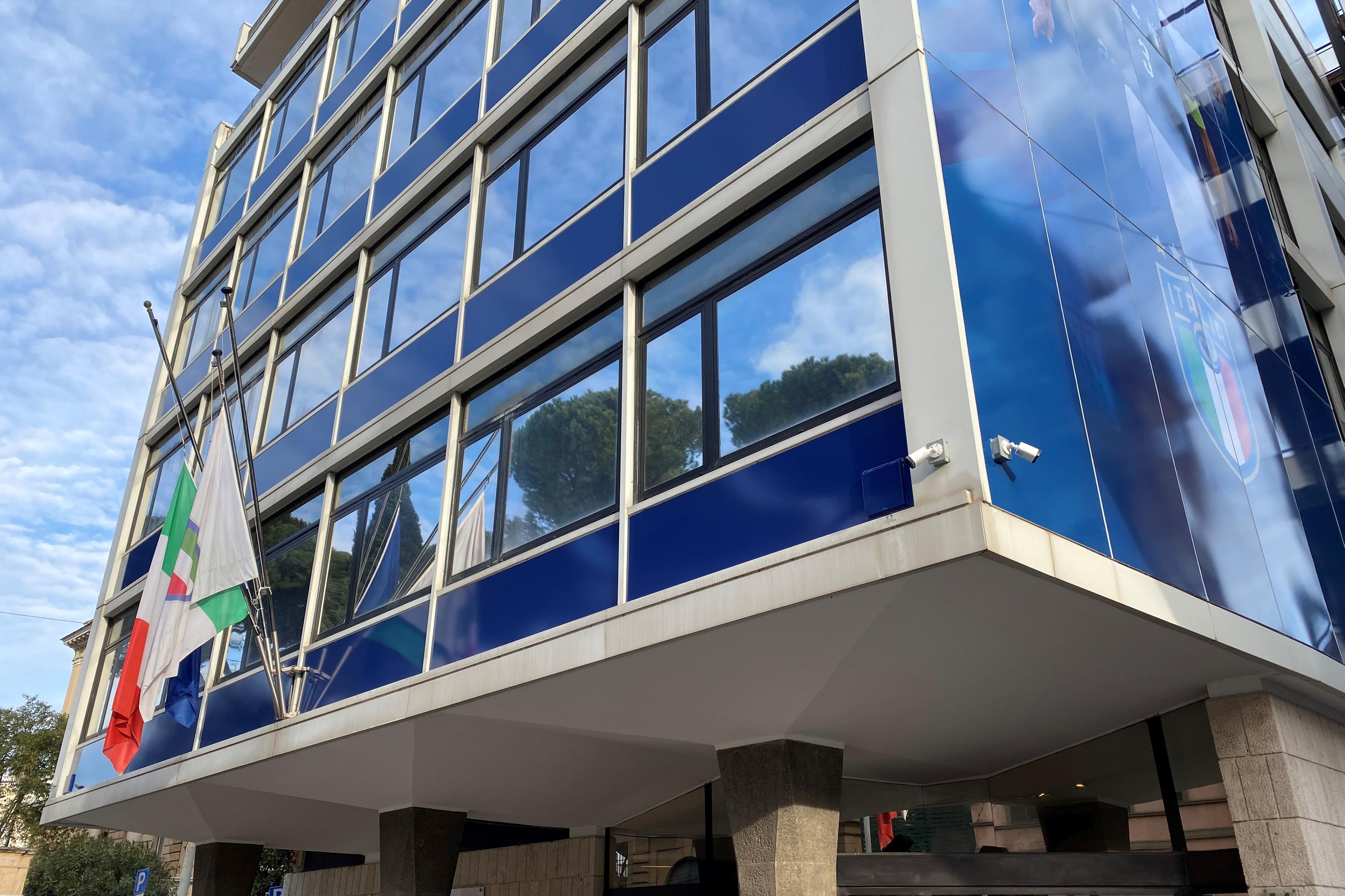PHOTO
The Serie A season is over, as well as the regular season of Serie B and Lega Pro. The FIGC Commission for Medicine and Science, which met on Monday 3 August, released the data of testing carried out on players and staff members, which was required by the FIGC Protocol for the prevention of the spread of COVID-19, approved by the Italian government’s Medical and Scientific Committee.
56,397 molecular tests were carried out on 3,351 people, who formed the so-called "team group", and referees (an average of 16-8 tests per person). Testing revealed twelve positive cases, with an incidence rating of 0.0021%. Alongside these molecular tests, 17,594 serological tests (5.2 per person) were performed, of which 284 (1.61%) came back positive.
It was an extraordinary and unrepeatable feat of ‘medical surveillance’, which was put in place to allow football to restart without any risk to public health. The effectiveness of which, in addition to the data, confirms that that football is both credible and responsible, given that the game has been in no way a vector for the spread of the virus and has scrupulously stuck to all of the procedures which had been put in place, continuing to take care in line with the criticality of the period. Moreover, through its impressive vigilance, football helped to map a sample of the Italian population, contributing vital data to the Italian national health service.
"Football is reliable and deserves trust," declared FIGC President Gabriele Gravina. "Our actions and numbers prove that, with the flattening of the curve of the new cases with respect to the start of April when the protocol was drawn up, the conditions do exist for an adjustment, which should in a sense be less invasive, of the preventative and observational measures in place until now. I would like to thank the Commission for Medicine and Science, the clubs and all those, who abided by these precautions and who helped with the great success of this process."
